Baron23
Well-Known Member
Praise the lord and pass the butter beans. I love this article, written in a bipartisan manner, but a couple of actually members of the House of Representatives. (with emphasis on that last word....)
Congress must catch up to voters on marijuana issue
By Reps. Earl Blumenauer (D-Ore.) and David Joyce (R-Ohio) — 07/18/18 12:15 PM EDT 189
The views expressed by contributors are their own and not the view of The Hill
It’s not a matter of ‘if’ but ‘when’ the federal prohibition on marijuana will end in this country. If there is one thing about American democracy, it is that truth and common sense eventually prevail.
Poll after poll has shown that legalization of marijuana is an issue on which voters of all stripes agree, with progress being made every day around the country.
A change to our outdated cannabis laws is long overdue. Politicians who view this issue as “taboo” or dismiss it as “reefer madness” do so at their peril. Voters are motivated on this issue. Candidates should be encouraged to fully embrace marijuana policy reform. Otherwise, according to recent surveys, voters say they are likely to come out to the polls this fall and in future elections to hold their representatives accountable, on this particular issue.
To no one’s surprise, Congress is woefully behind the public on this issue, and we are quickly reaching the tipping point that will force members of Congress to catch up or be held accountable by the voters.
This is why we have joined with Sens. Elizabeth Warren (D-Mass.) and Cory Gardner (R-Colo.) to introduce the STATES Act, which will get the federal government out of the way and let states decide for themselves the best way to regulate marijuana.
Limiting the ability of states, territories and tribes to regulate marijuana on their own terms results in serious costs to local economies, diminishing access to pain relief and contributing to a broken criminal justice system.
Voters are increasingly making their voices heard on this issue; they want to see change.
New polling data from political strategist Celinda Lake looked at the top battleground districts across the U.S. and found 60 percent of likely voters, from all sides of the political spectrum, favor the legalization of marijuana. Support for medical cannabis is even higher in those districts, with 79 percent of voters in favor of allowing patients access with a doctor’s prescription.
Perhaps most telling in these battleground districts is that nearly half of the voters say they would be more likely to vote for a candidate running for elected office if he or she supports legalizing the use of marijuana.
In light of this clear public opinion, 47 states currently have laws permitting or decriminalizing marijuana or marijuana-based products - and Washington D.C., Puerto Rico, Guam and a number of tribes have similar laws.
As more states, territories and tribes thoughtfully consider updates to marijuana regulations, often through voter-initiated referendums, it is critical that Congress take immediate steps to safeguard their right to do so by passing the STATES Act.
State legal industries are effectively operating in violation of Federal law. Despite the Department of Justice generally exercising its discretion and allowing state legal markets to operate, the fact that cannabis remains a Schedule I drug under the Controlled Substances Act, along with heroin and ecstasy, creates major regulatory issues for business. It also goes against not just public opinion, but smart policy and sound science.
The STATES Act will finally exempt marijuana from this classification and defer to state laws, thereby allowing state-sanctioned marijuana businesses access to federally insured banks and other important services often taken for granted by other industries.
Soon enough “reefer madness” will become the truly historic relic that it is. The few out-of-touch elected officials and candidates who hang on to that outdated and false notion will be left behind by the times and voters.
It’s time for Congress to get in the game and represent the will of the people to end the failed prohibition of marijuana.
Blumenauer is a member of the Ways and Means Committee and Joyce is a member of the Appropriations Committee.
Congress must catch up to voters on marijuana issue
By Reps. Earl Blumenauer (D-Ore.) and David Joyce (R-Ohio) — 07/18/18 12:15 PM EDT 189
The views expressed by contributors are their own and not the view of The Hill
It’s not a matter of ‘if’ but ‘when’ the federal prohibition on marijuana will end in this country. If there is one thing about American democracy, it is that truth and common sense eventually prevail.
Poll after poll has shown that legalization of marijuana is an issue on which voters of all stripes agree, with progress being made every day around the country.
A change to our outdated cannabis laws is long overdue. Politicians who view this issue as “taboo” or dismiss it as “reefer madness” do so at their peril. Voters are motivated on this issue. Candidates should be encouraged to fully embrace marijuana policy reform. Otherwise, according to recent surveys, voters say they are likely to come out to the polls this fall and in future elections to hold their representatives accountable, on this particular issue.
To no one’s surprise, Congress is woefully behind the public on this issue, and we are quickly reaching the tipping point that will force members of Congress to catch up or be held accountable by the voters.
This is why we have joined with Sens. Elizabeth Warren (D-Mass.) and Cory Gardner (R-Colo.) to introduce the STATES Act, which will get the federal government out of the way and let states decide for themselves the best way to regulate marijuana.
Limiting the ability of states, territories and tribes to regulate marijuana on their own terms results in serious costs to local economies, diminishing access to pain relief and contributing to a broken criminal justice system.
Voters are increasingly making their voices heard on this issue; they want to see change.
New polling data from political strategist Celinda Lake looked at the top battleground districts across the U.S. and found 60 percent of likely voters, from all sides of the political spectrum, favor the legalization of marijuana. Support for medical cannabis is even higher in those districts, with 79 percent of voters in favor of allowing patients access with a doctor’s prescription.
Perhaps most telling in these battleground districts is that nearly half of the voters say they would be more likely to vote for a candidate running for elected office if he or she supports legalizing the use of marijuana.
In light of this clear public opinion, 47 states currently have laws permitting or decriminalizing marijuana or marijuana-based products - and Washington D.C., Puerto Rico, Guam and a number of tribes have similar laws.
As more states, territories and tribes thoughtfully consider updates to marijuana regulations, often through voter-initiated referendums, it is critical that Congress take immediate steps to safeguard their right to do so by passing the STATES Act.
State legal industries are effectively operating in violation of Federal law. Despite the Department of Justice generally exercising its discretion and allowing state legal markets to operate, the fact that cannabis remains a Schedule I drug under the Controlled Substances Act, along with heroin and ecstasy, creates major regulatory issues for business. It also goes against not just public opinion, but smart policy and sound science.
The STATES Act will finally exempt marijuana from this classification and defer to state laws, thereby allowing state-sanctioned marijuana businesses access to federally insured banks and other important services often taken for granted by other industries.
Soon enough “reefer madness” will become the truly historic relic that it is. The few out-of-touch elected officials and candidates who hang on to that outdated and false notion will be left behind by the times and voters.
It’s time for Congress to get in the game and represent the will of the people to end the failed prohibition of marijuana.
Blumenauer is a member of the Ways and Means Committee and Joyce is a member of the Appropriations Committee.
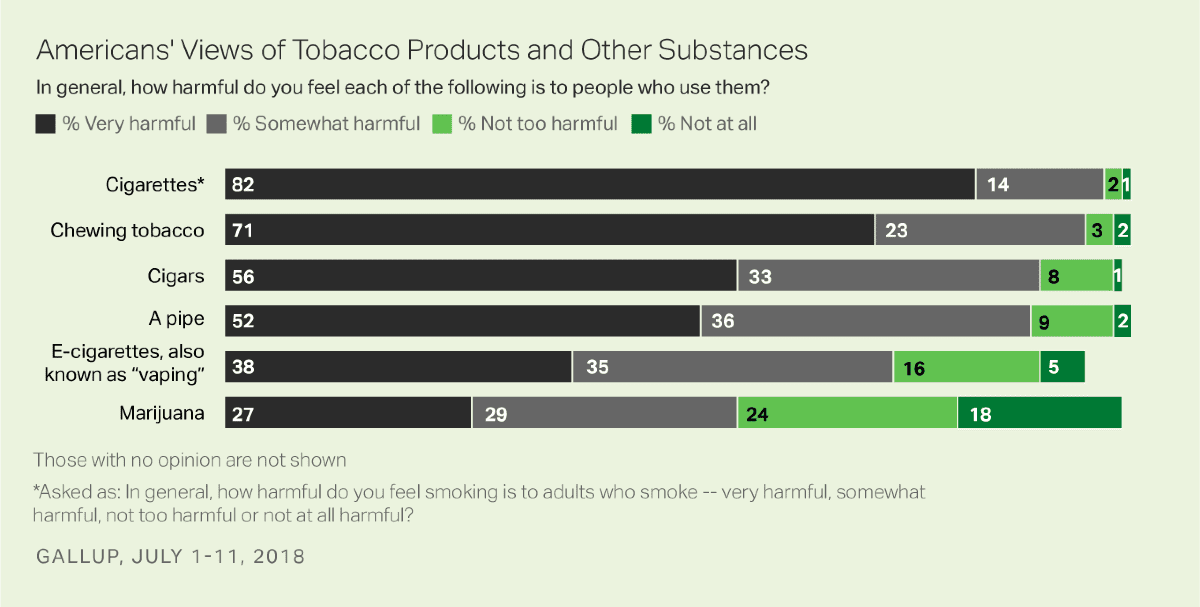
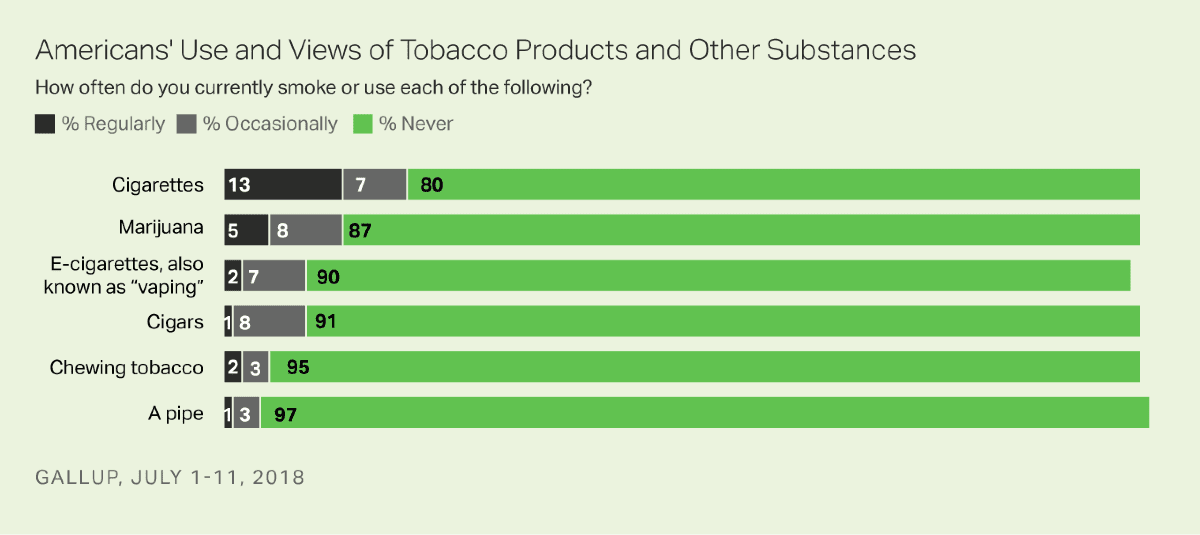
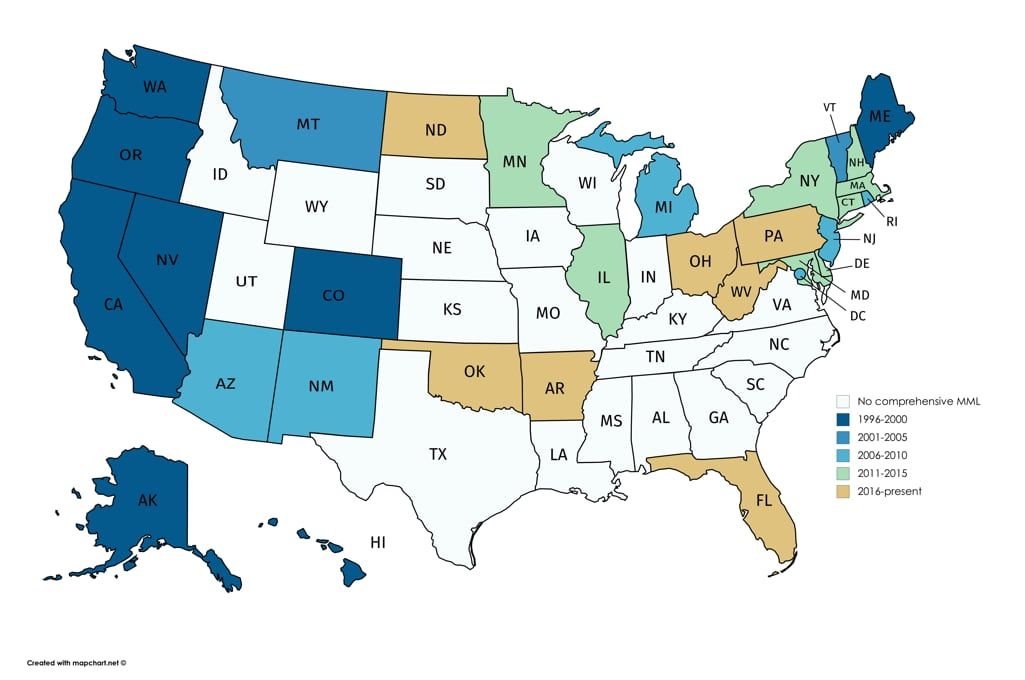
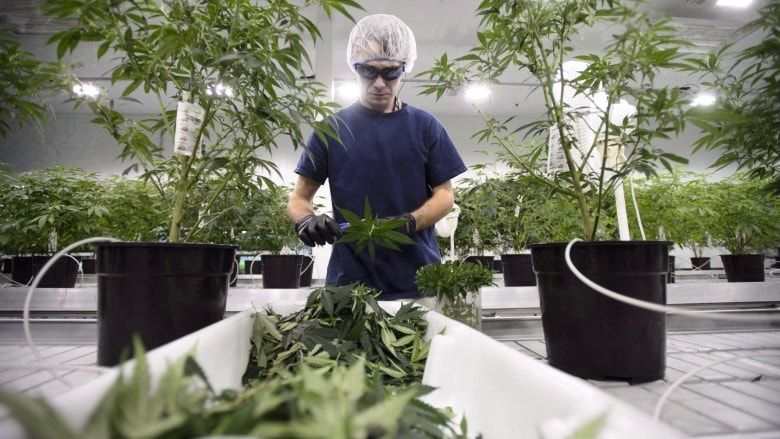


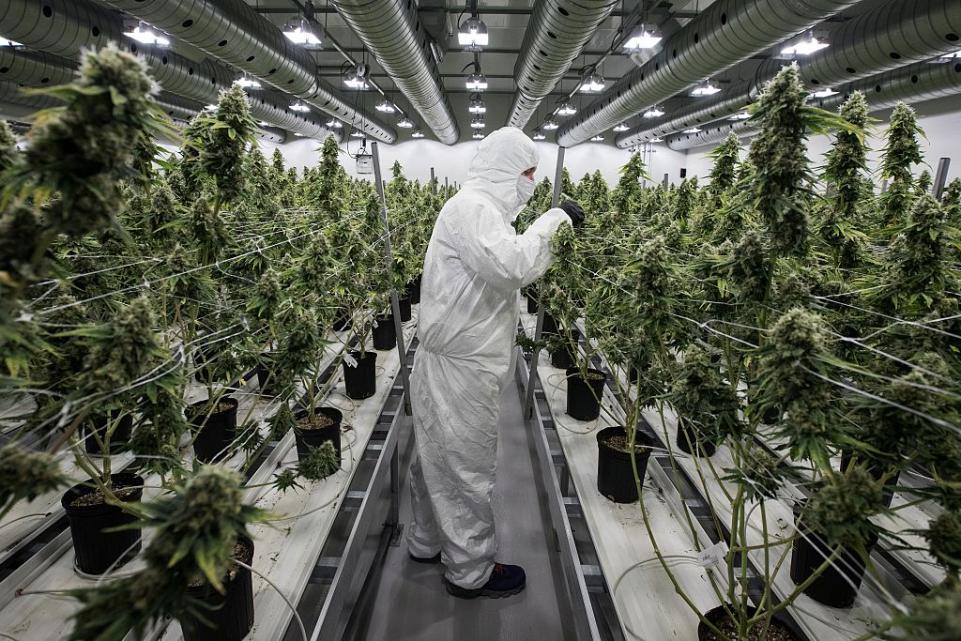

 )
) 




